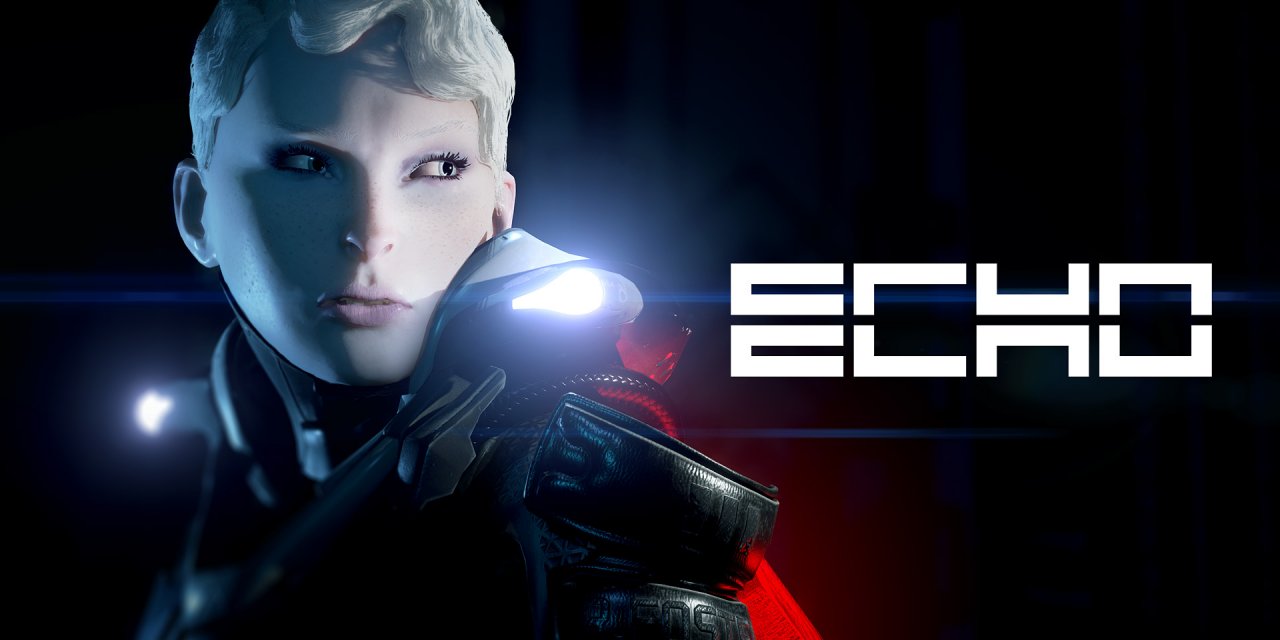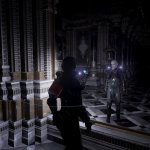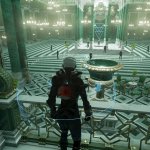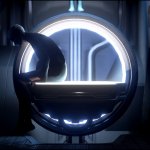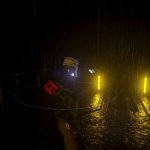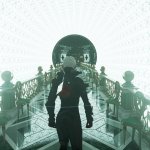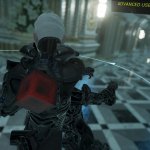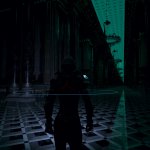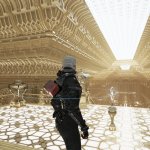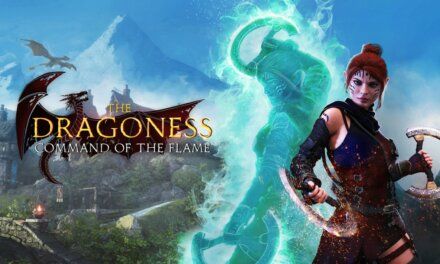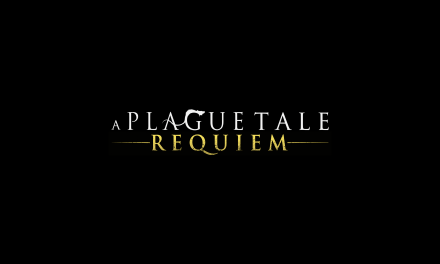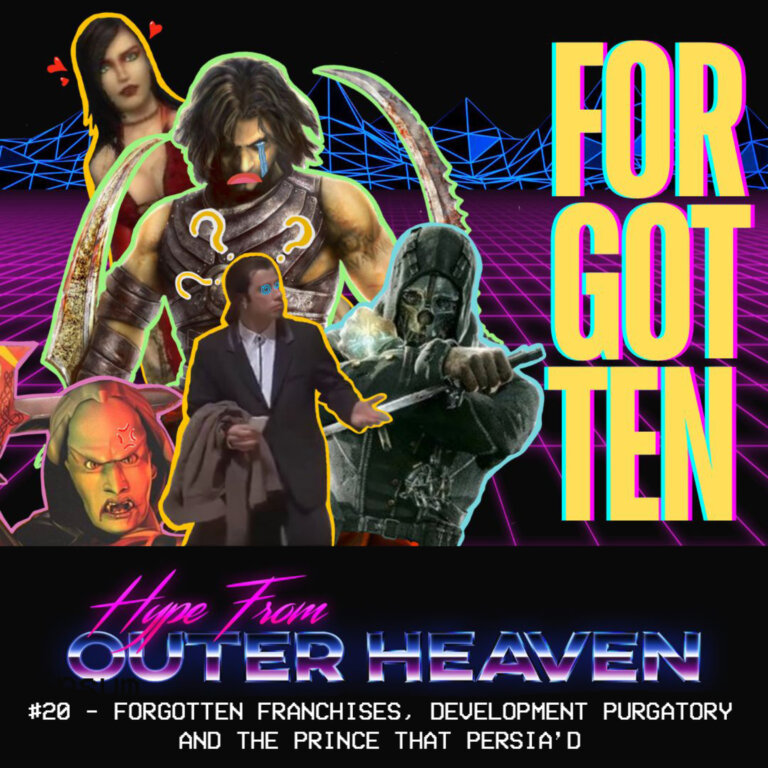“The flesh and the soul shall enter the Palace through separate doors…”
Hailing from Copenhagen, indie developer Ultra Ultra received almost universal praise for their debut title ECHO when it released on PC last month. Billed as a third person science fiction adventure game, ECHO is one of the more unique titles that I’ve had the pleasure of playing in 2017, mixing solid AI mechanics with simple (yet sophisticated) cat and mouse gameplay. In usual fashion, I’ll be covering the PlayStation 4 version of the game, discussing what makes the game so unique, covering the good along with the bad and ultimately concluding whether the title is worth the £18.99 asking price.
Science Fiction has always been an area of cinematography that is completely timeless in its representation; the likes of Star Trek and Star Wars are franchises that are 50 and 40 years old respectively, but are still very much contemporary icons of the genre they brought to the forefront. Often overlooked, the dark aesthetics and mysterious overtones found in the likes of The Thing and Alien are (in my opinion) strong examples of Sci-Fi done right; leaving the flashy, high-tech CGI behind and instead opting for a more subtle representation to push their narratives forward. Admittedly the two films are also firmly grounded within Horror, borrowing various elements from both genres to fuse together an experience that has the capacity to both convey a sense of intrigue as well as a tense atmosphere capable of terrifying it’s audience; an area that Sci-Fi Horror excelled within once upon a time (except for Jason X, that shit sucked).
ECHO is a third person Sci-Fi adventure game that has many similar elements from the aforementioned movies listed above, lending itself very much to the Sci-Fi Horror genre. The game places you in the shoes of En (voiced by Game of Thrones actor Rose Leslie) a lone female who wakes up after 100 years in stasis to find herself at the point of her destination, a planetoid containing a location born out of legend, known only as ‘The Palace’. Even though she’s exactly where she intended to be, En’s situation is far from ideal, as everything she ever knew and loved is gone with her only company being the fully-sentient AI called London that is present on-board her ship, who isn’t exactly the most pleasant of company. Regardless of her predicament, En is on a mission; ‘The Palace’ is a location that En’s grandfather and a number of people known as ‘Resourcefuls’ devoted their lives to, as it supposedly contains the apex of a civilization long gone; the Palace is also rumoured to contain the secrets to life and death itself, in the form of extremely advanced (yet forgotten) technology. En’s mission is to find this technology, and use it to resurrect her long dead friend Foster, whose soul was transferred to a strange red cube upon his death (Hellraiser anyone?); unfortunately for En, there’s a lot more lurking within the palace than meets the eye.
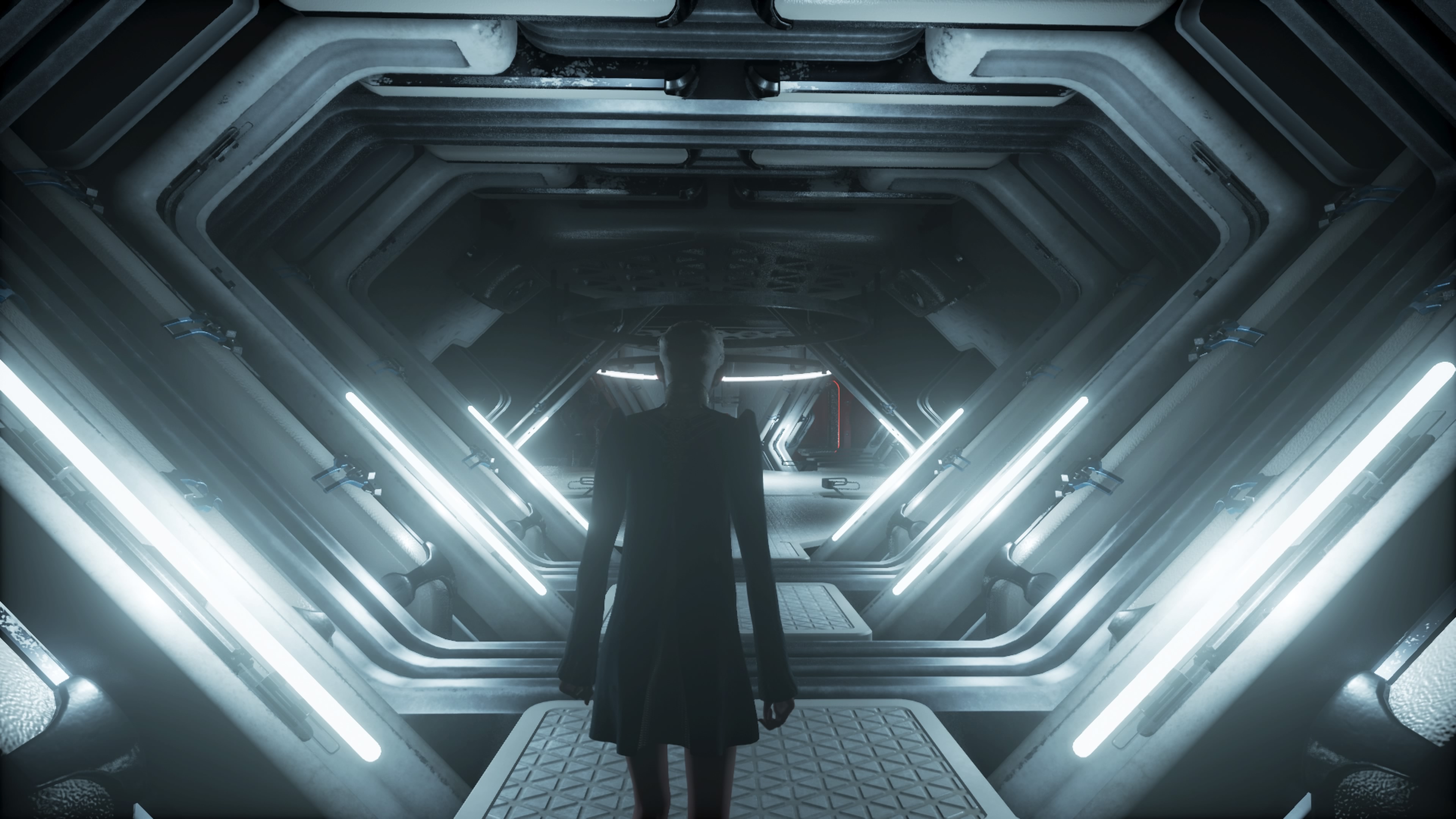
ECHO of the past: The first hour of ECHO is a mirror image of Ridley Scott’s 1979 Sci-Fi Horror classic Alien, matching the atmosphere and aesthetics perfectly.
On an aesthetic level, ECHO is an absolute beauty to behold; running in ultra-crisp 2160p on the PS4 Pro, it’s safe to say that the game definitely makes use of the bump in hardware that Sony dished out last year (yes I jumped ship and got a PS4 Pro and a 4K TV after going on record several times saying I wouldn’t, shoot me). While ECHO does look amazing, it does suffer from the occasional frame rate stutter resulting in the game freezing for a solid second or two, and while it isn’t a deal breaker, it does take away slightly from an otherwise solid and impressive experience. Another downside is that the story in ECHO is somewhat hard to follow, as it places you in the shoes of a character with a complex history without setting the scene whatsoever; while En’s back-story is fleshed out somewhat during the course of the seven hour long campaign, by the end of it I didn’t feel as invested in the character as I could have been, only gleaning the mindset behind her motivations slightly from the confrontational nature of the conversations between herself and her ship’s AI London.
Upon entering, the Palace is eerily dark, silent and completely untouched (Horror Game 101) and while the place may appear to be eccentric and grandiose, there are darker forces at work within the endless corridors and grand halls of the Palace. After a little while inside En experiences a blackout, after which certain aspects of her surroundings have changed; the chemical composition changes to make the air breathable, flowers appear where they were not there before and then chunks of black organic matter that seem to be alive begin to slowly develop more and more out of nowhere after every subsequent blackout. After several more blackouts the chunks of black mass begin to take on a humanoid shape, eventually forming into direct replicas of En herself; En investigates of course, but is attacked instantly by the creatures leaving her with no other option but to defend herself with lethal force. The creatures themselves are genuinely unnerving, staying completely silent as they shamble towards En, keeping their intentions unclear other than the fact that they are extremely aggressive and hostile. While the creatures themselves are direct copies of En, this also plays into the biggest selling point of ECHO; the creatures themselves replicate En’s every move; following her behaviour, eventually using her own tactics against her.
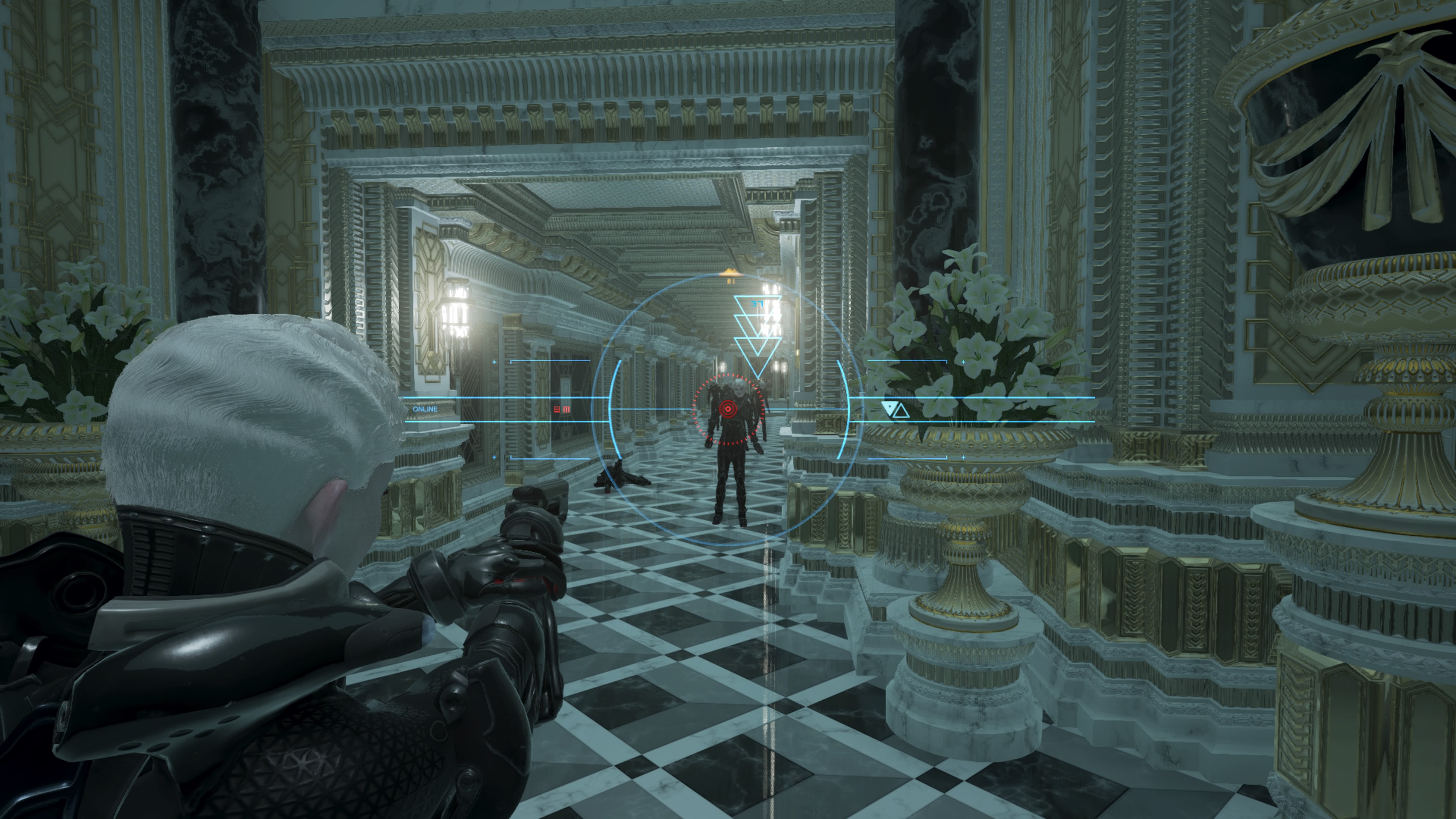
“You see, what we’re talking about here is an organism that imitates other life forms, and imitates them perfectly…”
The gameplay of ECHO is by far its greatest selling point, offering a complex (yet simple) approach to puzzles that are commonly found within adventure games. Unlike other games that hold simple ‘lock and key’ puzzles, ECHO shines in the fact that you yourself are the puzzle, making the difficulty curve as tough or as easy as it is based on nothing more than your own actions, which really does affect the way you approach the game. Every couple of minutes, the Palace will ‘reboot’ resurrecting any creatures that were killed and enhancing them with the actions that were used to take them out or avoid them. Sneaking more your thing? enemies will begin to circle around and perform stealth takedowns on En; how about lining up a perfect shot and taking out 3 enemies at once? Upon the next blackout, all enemies will be a crack shot. This works both ways however, as the enemies only copy En’s behaviour from the previous iteration; if you stop taking enemies out via stealth takedowns, so will the creatures themselves, allowing you to form tactics and trick your enemies into making mistakes, which is a very effective way of keeping both the gameplay and AI fresh.
I genuinely enjoyed the seven or so hours that I spent playing ECHO; the original approach to AI design is something that is refreshing to see from an indie developer, as they could have easily gone with the ‘tried and tested’ methods used by their peers. Ultra Ultra took a risk in the way that they developed ECHO, and while there are some slight technical hiccups, it’s pretty safe to say that that risk payed off, big-time.

